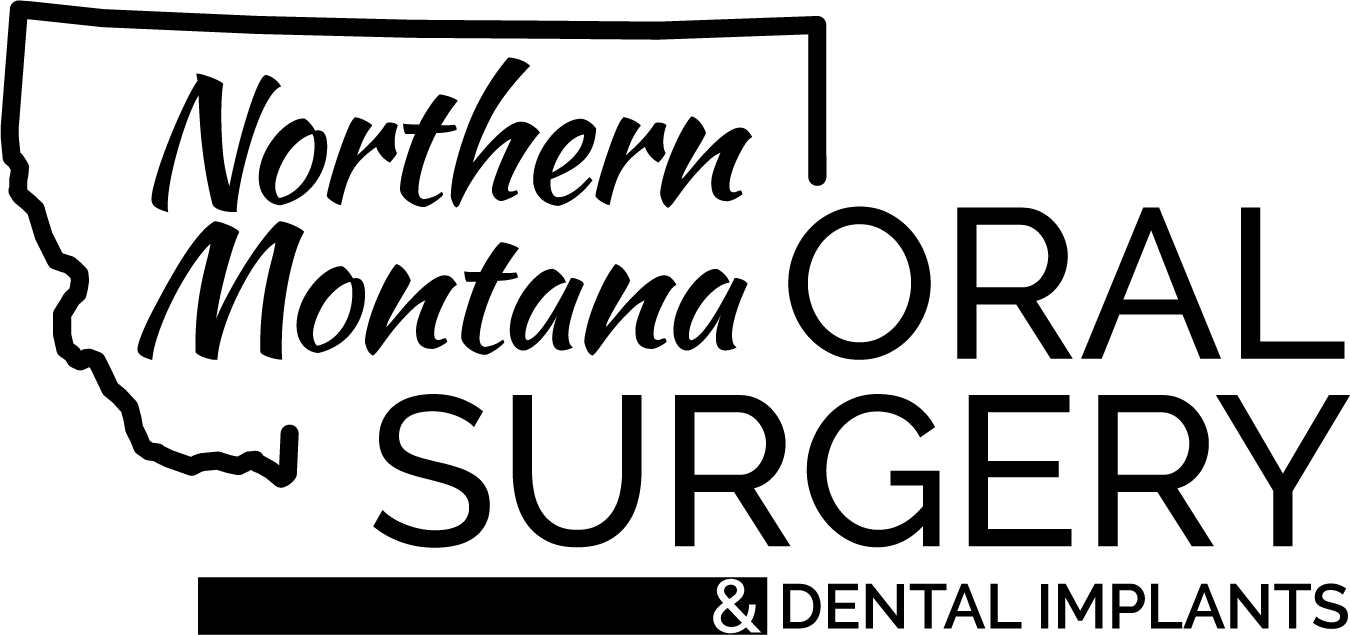Facial Trauma
Facial Trauma
Facial trauma refers to any type of oral injury that affects the soft tissue of the face, including the mouth, lips, and nose. These types of injuries can occur as a result of an accident or a sports-related injury. In minor cases, the damage may only include a few stitches or a chipped tooth.
However, in more serious cases of facial trauma, the patient may suffer serious injuries such as a broken jaw. Serious facial damage can also lead to long-lasting tooth and gum sensitivity due to nerve damage.
What Are the Different Types of Facial Trauma?
Facial injuries are classified as soft tissue injuries, hard tissue injuries, and combination injuries.
Soft Tissue Injuries
Soft tissue injuries are injuries to the muscles, tendons, and ligaments. These injuries can be mild or severe, depending on the extent of the tissue damage. Mild soft tissue injuries include bruises, sprains, and strains. Severe injuries include lacerations, avulsion, and more.
Hard Tissue Injuries
Hard tissue injuries involve the bones and teeth. For example, dental fractures, tooth avulsion, and tooth loss are all considered hard tissue injuries. The severity of the fracture determines the treatment approach and length of recovery. Hard tissue injuries require immediate medical attention and should be treated as soon as possible.
Combination Injuries
These injuries affect both the hard and soft tissues of the face and mouth. A direct blow to the face can result in both hard and soft tissue injuries. The most common combination injury is an injury to the jaw. For example, a fractured jaw is considered a type of hard tissue injury, but if a tooth is knocked out when it happens, then it is also considered a soft tissue injury.
How Is Facial Trauma Treated?
Our dentist will first examine the extent of the damage before treating these types of injuries. We will then recommend a treatment plan to restore your smile to its previous condition. The extent of the treatment will depend on the type and severity of the injury. If you are suffering from minor injuries, you may receive simple treatments such as stitches or fillings.
Regardless of the extent of the injury and the type of treatment needed, it is important to see your dentist immediately to receive the proper care you deserve.
Why Is a Mouthguard Recommended?
A mouthguard can protect you from facial trauma as well as prevent further damage to the teeth, gums, and surrounding tissues after you have incurred facial trauma. It does this by absorbing and dispersing the forces generated by a direct impact.
Mouth guards can also prevent wearers from grinding their teeth at night, which can also lead to further dental damage. Mouth guards are often used for sports-related injuries and are an important piece of safety equipment for contact sports like football or hockey.
To find out more about the dental services we offer at our dental practice, Call this number (406) 727-4322 or request an appointment from our website to get a consultation. You can also visit us at 2511 Bobcat Way, Great Falls, MT 59405, or 515 14th Street West, Havre, MT 59501.
Our Locations
- MON - THU7:30 am - 5:00 pm
- FRI6:30 am - 1:00 pm
- SAT - SUNClosed
- MONClosed
- TUE8:30 am - 3:30 pm
- WED - SUNClosed
